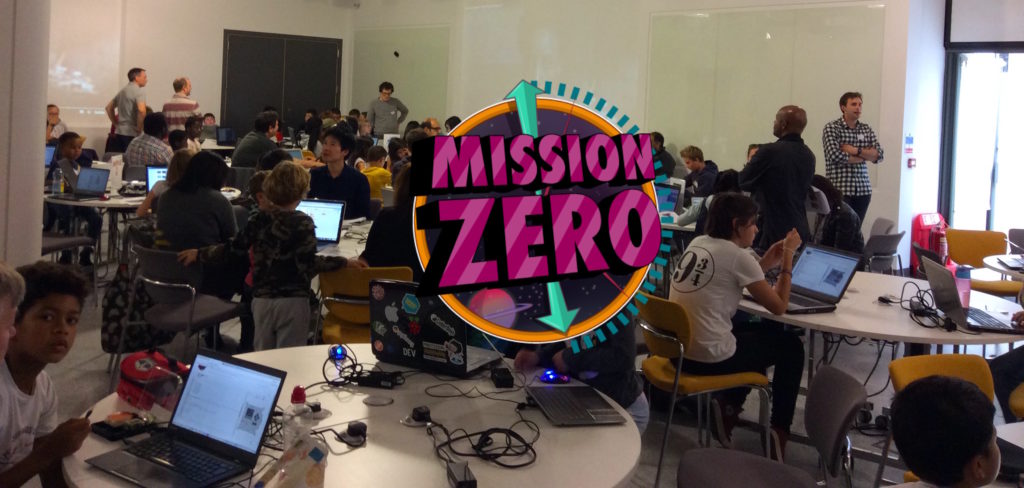
30th January 2018
Reaching the Stars: How Dojos are participating in Astro Pi
Many Ninjas in our global community got involved recently in Astro Pi: Mission Zero; a project whereby young people have the opportunity to write code which is run onboard the International Space Station for 30 seconds. The code is displayed by two specially designed Raspberry Pis, called Astro Pis, which are each equipped with a camera and an LED display. They also have a range of environmental sensors for measuring humidity, pressure, and temperature. Astro Pi is an initiative of the Raspberry Pi Foundation, and aims to actively involve young people in coding and space science!
When will their code run in Space?
Mission Zero has been adopted by lots of different educational organisations and clubs around the world, including schools, Code Clubs, Raspberry Jams…and of course Dojos! The target date for deployment on the International Space Station is 1st February. There are almost 2,000 entries to be run and they will each be run back to back, taking around 14 hours to complete. Each participant will receive a certificate which will show the exact location of the ISS when their code was running!
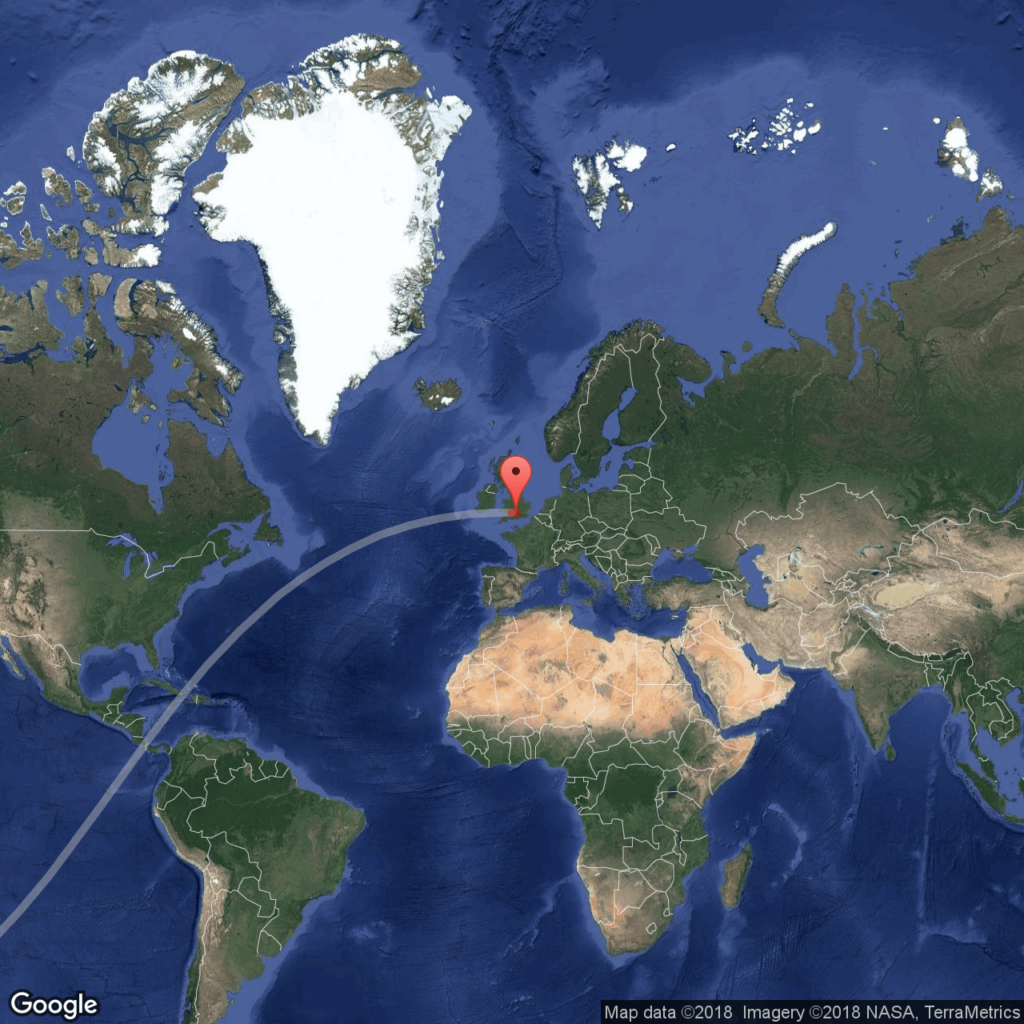
Who are some of the Dojos that got involved?
CoderDojo Ham (UK) ran Mission Zero as part of their Raspberry Pi track, which runs at every session they host. At their Dojo, they had a 3D printed flight case on show (you can see instructions on how to make your own here) and the Ninjas had the opportunity to upload their code and run it on this Pi. The Astro Pi flight case is almost identical to the ones on board the ISS and provided an ideal way for Ninjas to prototype and test their code. Once the Ninjas who took part in Mission Zero have received their certificates, they will celebrate by doing a presentation of their code at their Dojo.
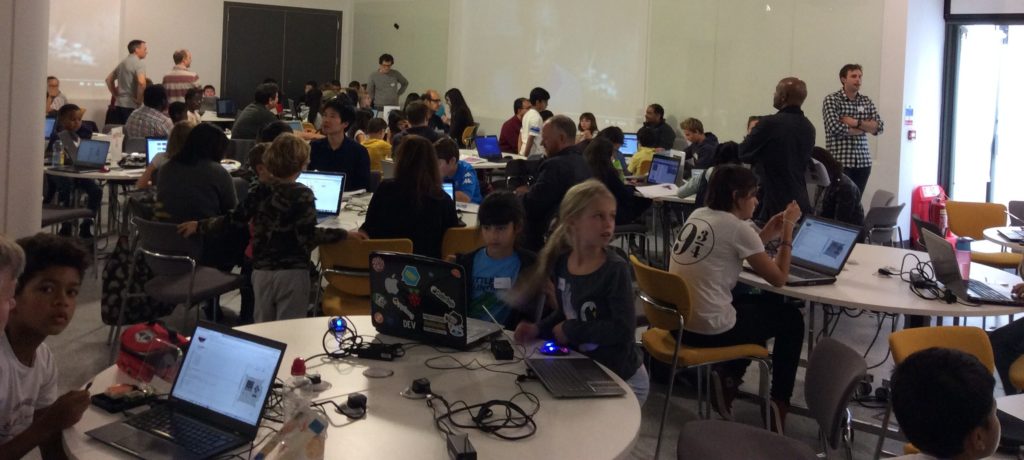
In Canada, Mission Zero was facilitated through a series of workshops under the umbrella of the national non-profit organisation Kids Code Jeunesse. CoderDojo Toronto was one of the clubs which got involved and they felt that Mission Zero was a really awesome way for them to engage their Ninjas more in using Python and to find fun hardware tie-ins to use in events.
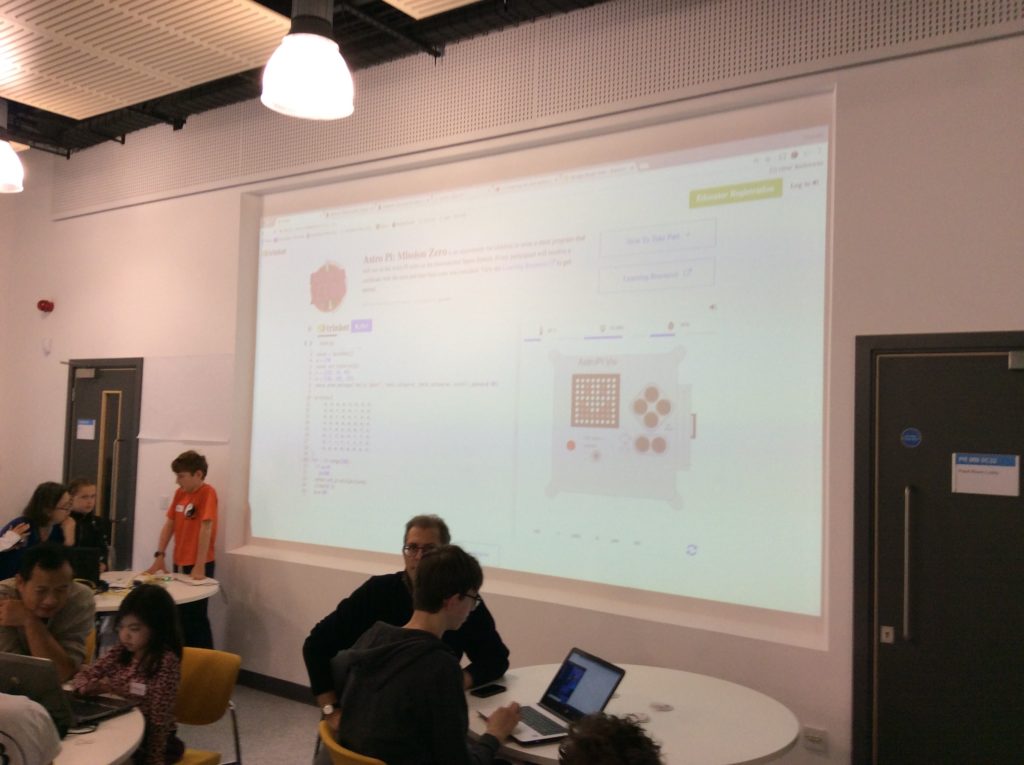
CoderDojo Bratislava (Slovakia) became involved in Mission Zero on a smaller, but no less inspiring, scale when one of their Ninjas, Sofia, decided to move on from Scratch and try something more challenging. Astro Pi: Mission Zero was suggested to her as a fun introduction to Python- and indeed it was! Sofia was curious about what life on the ISS is like, so she coded a message to ask the astronauts all about the food they ate! The Dojo used a Trinket simulator to prototype the message. Although Slovakia is not currently an ESA-member country and cannot submit Sofia’s code this time, it was nonetheless a fun and worthwhile experience for everyone and the Bratislava Dojo hope to take part in the whole project next year, including Mission Space Lab.
In Ireland, CoderDojo Clonakilty embraced Mission Zero as a way to challenge their Ninjas in a fun and exciting way. They initially heard about the project from the CoderDojo Facebook page and immediately recognised that it had the ‘wow factor.’ They decided to code a special message from Clonakilty that incorporated the Clonakilty Flag, prototyping their code with a SenseHat. For anyone hoping to take part next year, the Clonakilty Ninjas shared the tip, “just do it!!! Everyone can be an astronaut -you will learn loads about space and about coding!”
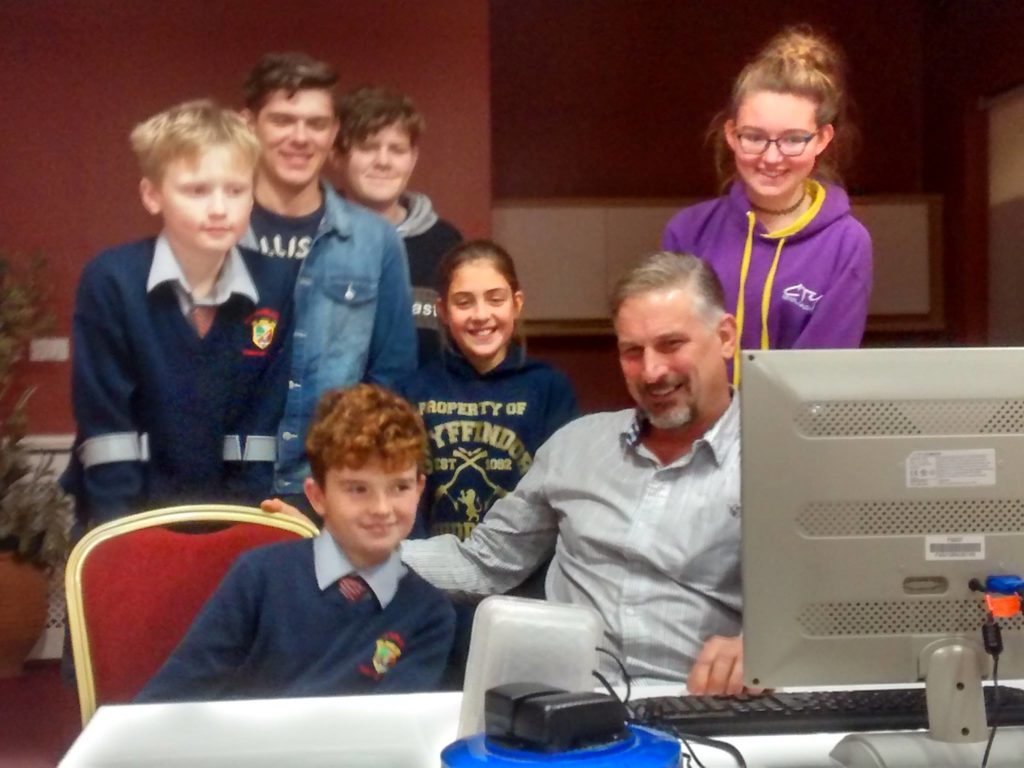
Teamwork was very important to the Galway City Dojo (Ireland) in carrying out the Mission. The Dojo was split into five teams and each team had to present their code to the group and perform a live demo of it working on the website. With a little trial and error all projects were successfully uploaded and accepted into Mission Zero, which was a great achievement for everybody. Galway City CoderDojo also shared the sentiment that anybody can get involved, and having completed Mission Zero it feels like anything is possible!
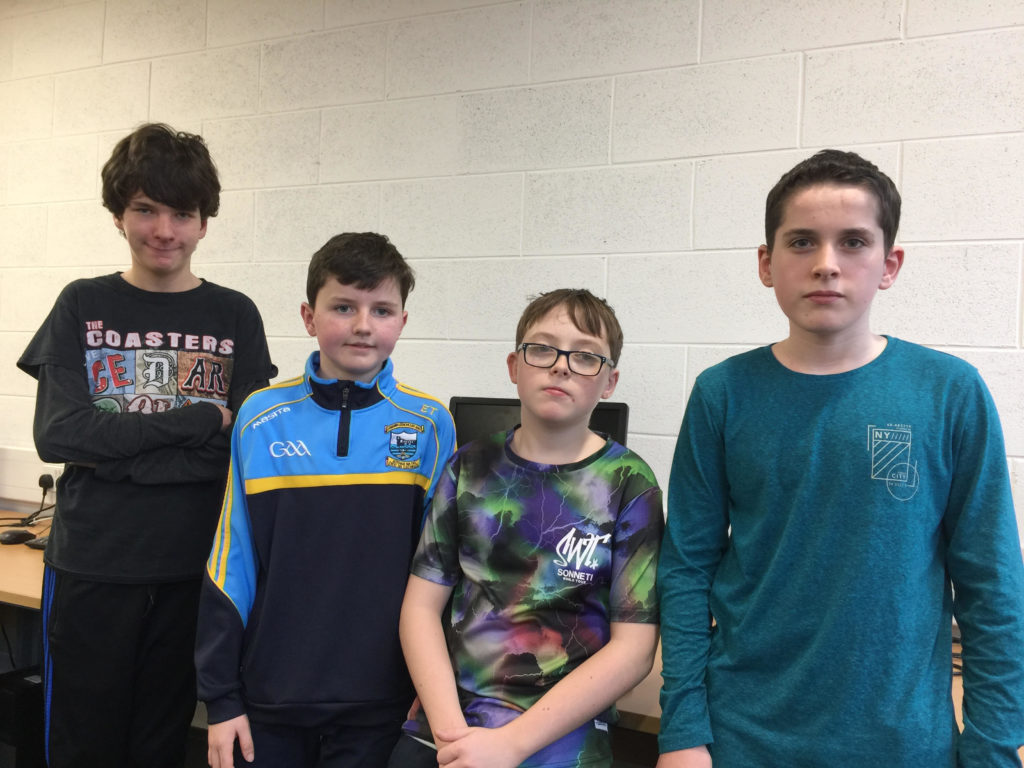
CoderDojo Trento (Italy) shared this sentiment, noting that Mission Zero allows anyone to approach the project, which is further enabled by good documentation online, along with the in-browser simulators which allows for effective prototyping.
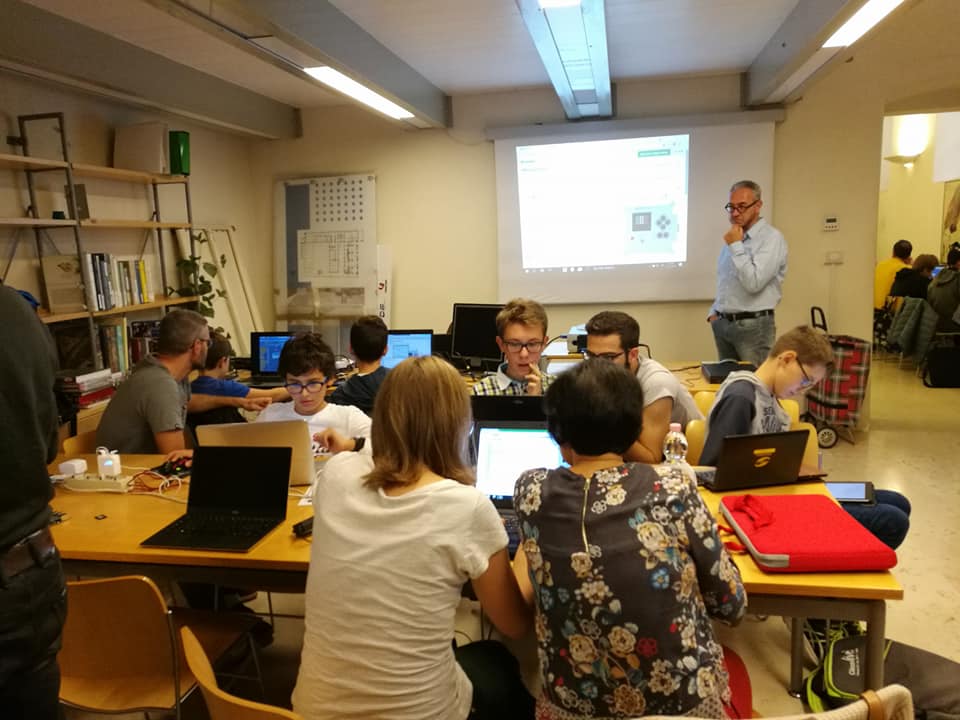
How can my Dojo get involved?
For Dojos looking to take part in the next Mission Zero, the project is open to anyone aged 14 or under from an ESA member country and must have a team of between two and four young people working on it (there can be more than one Ninja team in each Dojo). You can see further guidelines for taking part in Mission Zero here. You can also sign up for Astro Pi’s mailing list for updates about this and future missions!
You can also read more about the International Space Station here and keep track of when it will be over your country on the 1st February.We are very excited for all the Dojos around the world who have participated in Mission Zero. Best of luck to all the Dojos who have sent code to space and a huge well done to everyone who took part!